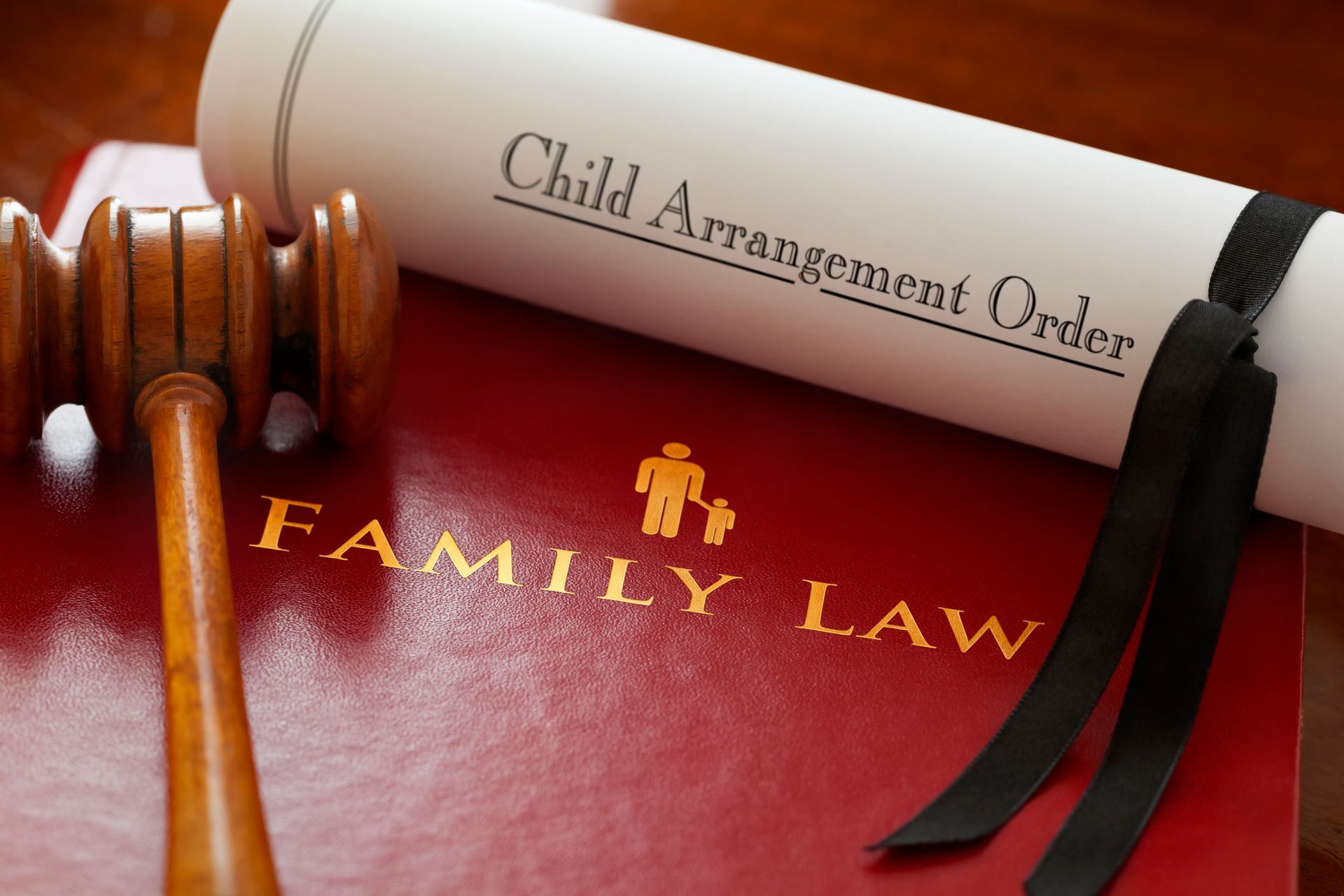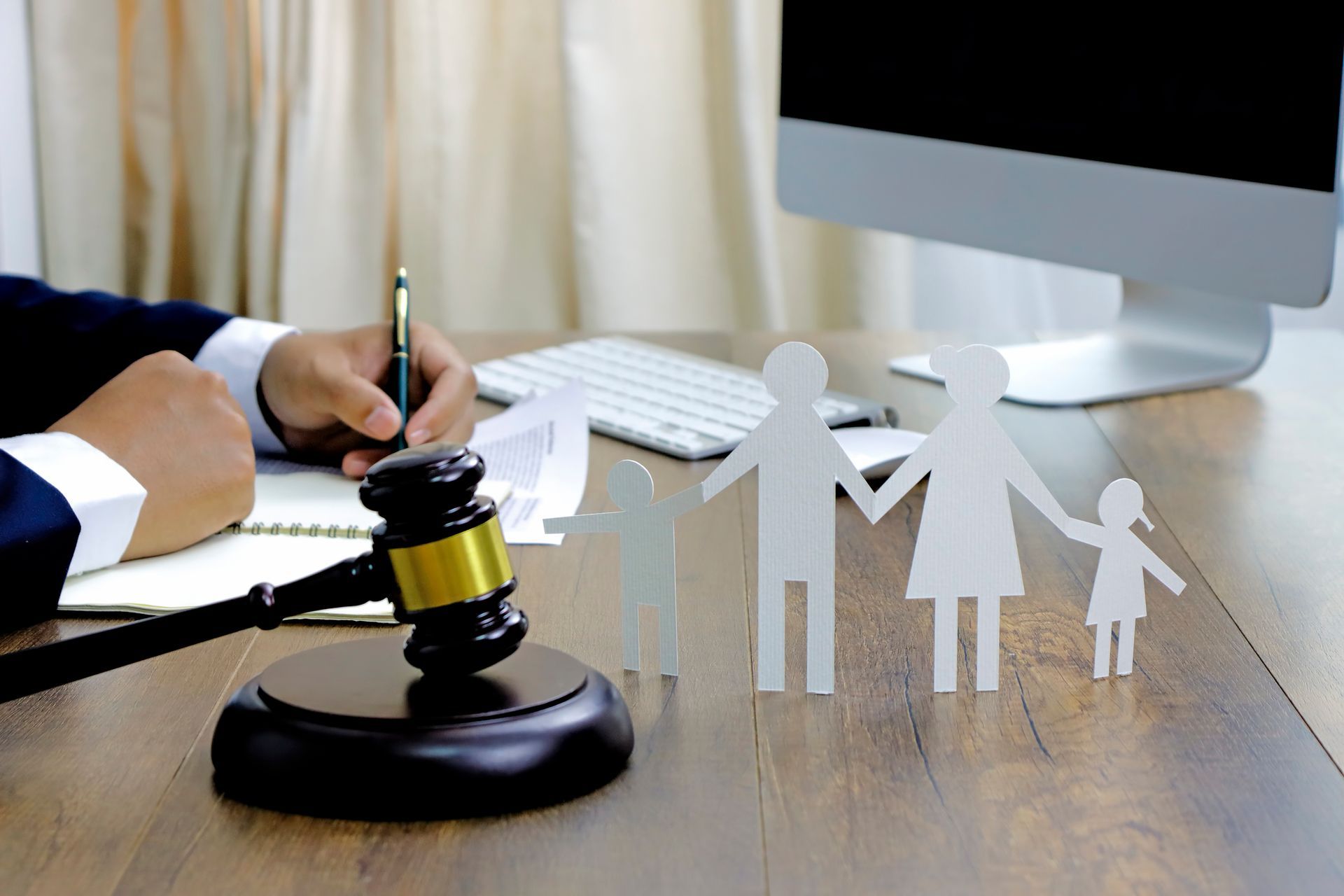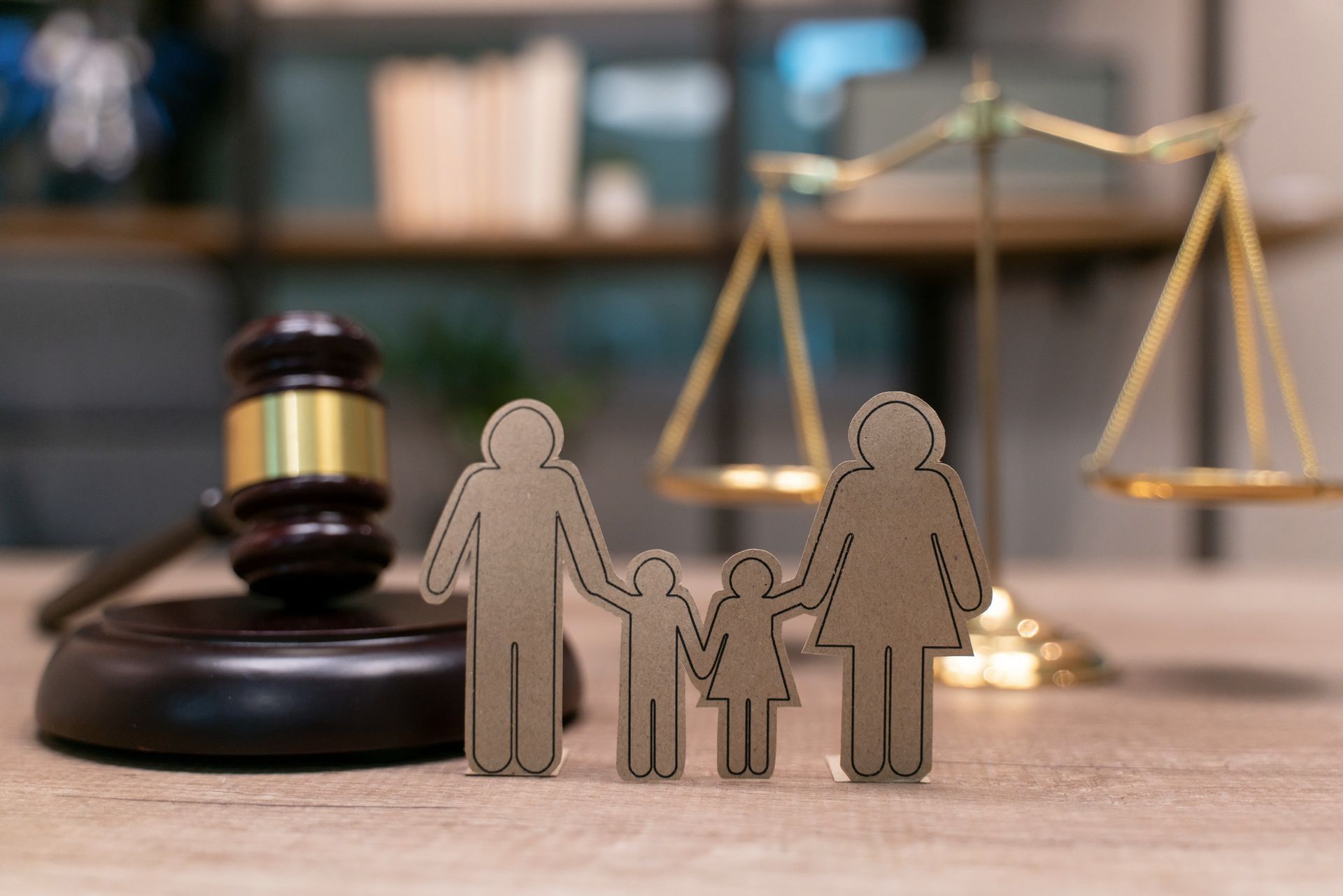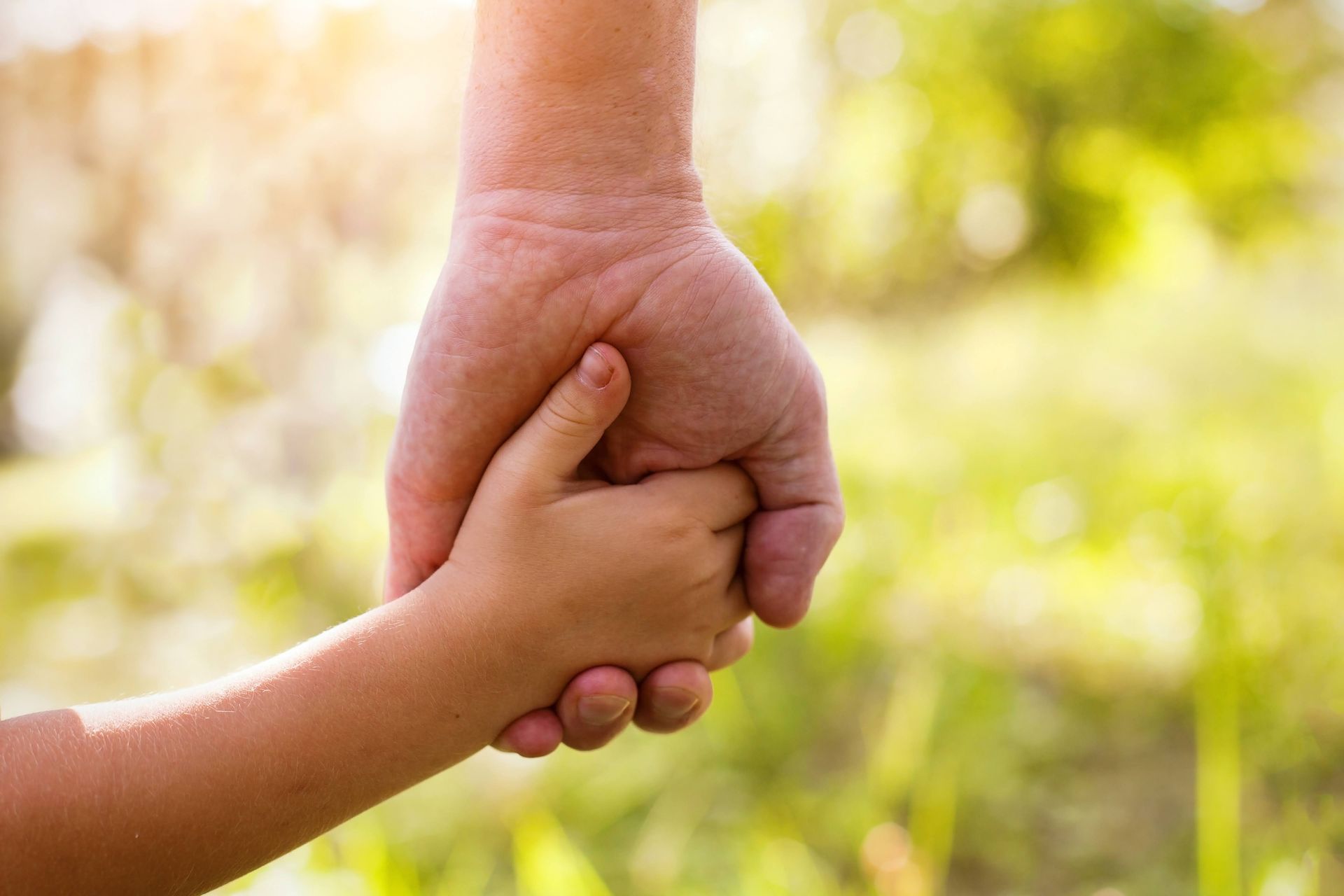Things to Know About Guardianship of Minor Children
websitebuilder • January 24, 2018
There may be a time when you might need to establish a guardian for your child. There may also be a time when you want to become a guardian for another child; many people arrange for one when they anticipate that they may not be able to take care of their child for a certain period of time. In other cases, the court will appoint one if they feel the parents are incapacitated or unable to care for the child.
Guardianship has some advantages over other types of child custody, but it is not simple. Here are some things you should know about choosing a guardian or being one yourself.
Common Reasons for a Guardianship
Guardianship is usually needed if the parents are either not available or not able to care for the child. Reasons include a long-term illness, disability, or financial hardship. In many cases, the child still has contact with his or her parents and other family members.
Guardianship is often temporary but can be long-term. In any case, it ends when the child is 18 or if the parental control is re-established, except under certain circumstances.
Legal Aspect of Guardianship
Many people, such as close relatives, will take care of a child out of necessity. However, just having the child live with you or someone else doesn't mean they are a legal guardian. To be a legal guardian or have a legal guardian appointed, you must take it up in court. If the parent and/or custodian does not do this, then there may be difficulties with getting medical care or even enrolling the child in school.
Differences Between Guardianship and Foster Care or Adoption
Guardianship is different than foster care in that it is more permanent and usually involves other relatives. The guardian becomes the primary caregiver. This differs from foster care where the parents often still have a role in their child's life.
Guardianship differs from adoption in that adoption is completely permanent. The adopter is considered the parent, and the former parents no longer have any rights or legal connection to the child.
People Preferred as Guardians
When it comes to guardianship, the court prefers to assign family members if possible. This is because doing so will help give the child a sense of stability and help them feel connected to his family and heritage. The end goal is to make the situation the least disruptive to the child. If a suitable relative cannot be found, then the court may appoint another individual as guardian instead.
Choosing a guardian for your child or becoming a guardian yourself is more than simply having someone take care of a child. In order to avoid problems with obtaining medical care or signing legal documents, you must go through the courts.
Guardianship needs to be carefully planned, especially to avoid disputes with other family members. This is where an attorney who is knowledgeable about the process can be very helpful. Hart Law Offices, P.C., has experience working with guardianships and making sure everyone's rights are respected.


















